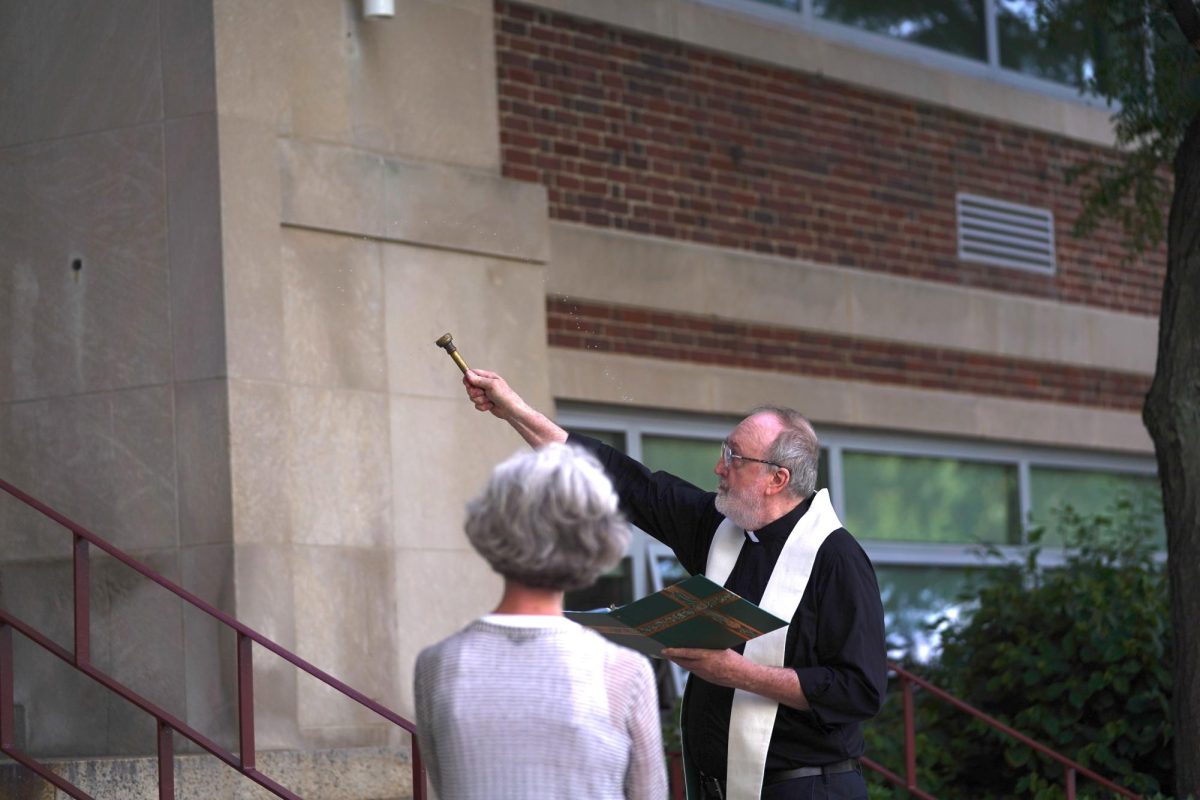The Jesuits. Anyone who has completed the four years of theological study mandated by the BC High curriculum should know more about the inner workings of one of the most influential, intriguing, and innovative sects of the Catholic Church than most. The life of St. Ignatius of Loyola is drilled into the minds of every freshman entering this hallowed institution. Yet, of those four years dedicated to theological studies, little is told about the modern-day work of the Jesuit order, which is particularly pertinent to BC High and the world today, given the climate of political divisiveness that surrounds virtually any contemporary issue. As any freshman studying for their mid-year exams should be able to say, the Jesuits were founded in 1534, close to 500 years ago. In that time, they have rapidly risen in status within the Church, from being lambasted in a papal bull by Clement XIV in 1773 to having our modern-day Pope in their ranks, bringing with him all the controversies and claims that still surround the Jesuits to this day.
Perhaps no example demonstrates the Jesuit frameworks within Pope Francis than in his recent letter to several conservative critics, including the nowdemoted conservative Texan Cardinal Raymond Burke. In this letter, Pope Francis suggested his openness to the idea of priests blessing same-sex couples, so long as it was “never imparted in concurrence with the ceremonies of a civil union and not even in connection with them. Nor can it be performed with any clothing, gestures, or words that are proper to a wedding.” As one can undoubtedly imagine, this sparked a firestorm within the Church, both internationally and within the United States. Following this letter, a priest in Italy described Francis as “‘a Jesuit Freemason linked to world powers, an anti-pope usurper’”. He was rapidly defrocked and excommunicated from the Church. This is not an isolated incident, however, and is one that the Jesuits have experienced before. One such priest who set a precedent for the Jesuits, which was followed by Pope Francis, was Fr. James Martin S.J., a Jesuit priest who advocated for issues of gay inclusion within the Catholic Church. Unsurprisingly, yet again, his views sparked a firestorm within the church. One article, titled “The Devilish Cunning of Fr. James Martin,” connects a tweet of Fr. Martins regarding Pride Month celebrations to the very devil himself, saying, “Catholics do have the free will necessary to celebrate pride, just like Lucifer had the free will to celebrate pride.” The article later went on to make what seems to be a thinly veiled threat against Fr. Martin, urging Catholics to “pray for Fr. Martin and pray that he be suppressed, once and for all.” This is all intriguing, and is an issue that more theology classes should discuss, but how does it connect back to our experiences here at BC High?
On account of being a Jesuit institution, BC High has created and celebrated things that some within the Catholic community would deem to be absolutely heretical, toeing the line as an institution founded to protect the Catholic beliefs of Irish and Italian immigrants, who were afraid that the Protestant-dominated public school system would teach their children that Catholicism was evil. Interestingly enough, this is the same reason why a full year of American history is mandated for all BC High students. The legislators who approved of BC High were afraid it might follow Catholic teachings too closely and lose sight of the country in which it was founded. Thus, on account of being a Jesuit institution and one of the most contemporary and controversial groups within the Church, BC High has managed to be at the forefront of what a Catholic school can achieve. With CGSO, Pride Month celebrations, and a general open and accepting attitude, BC High is following the Jesuits as they drag the church, be it kicking and screaming, into the modern world.

